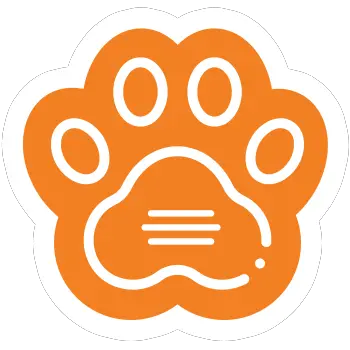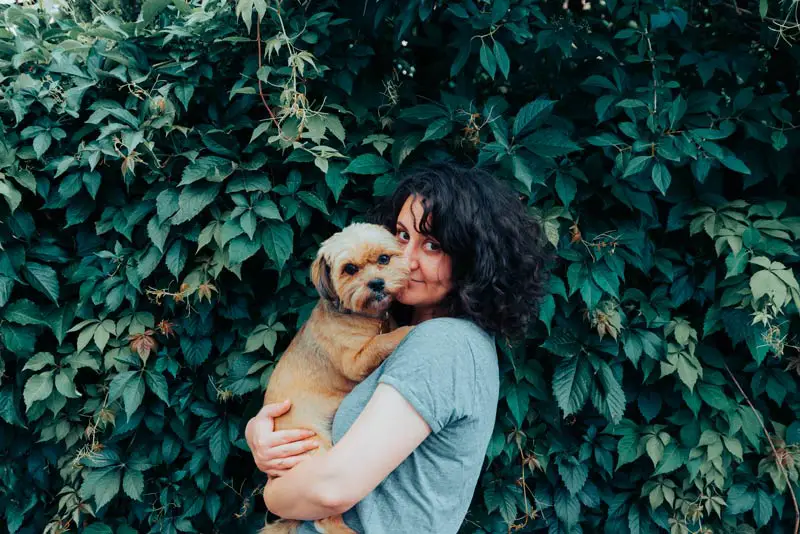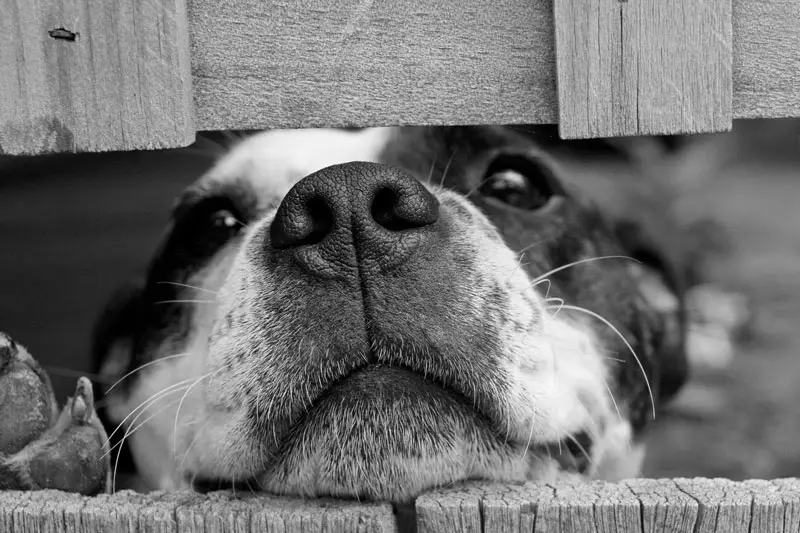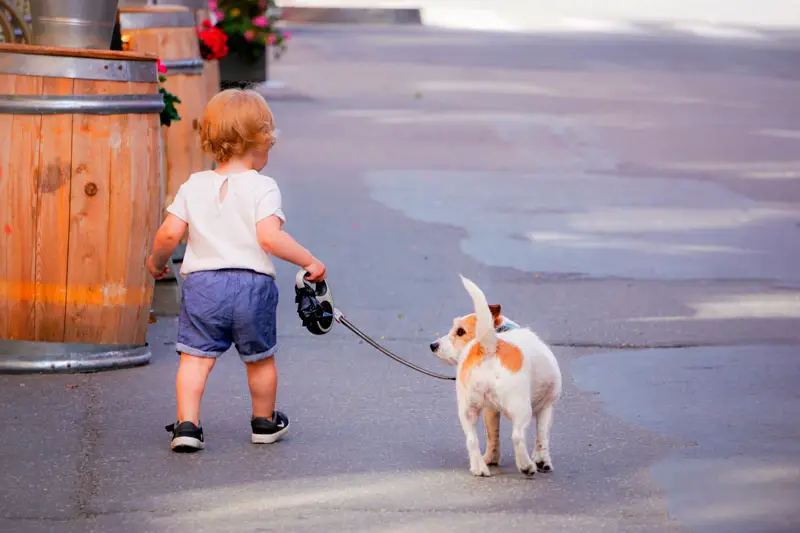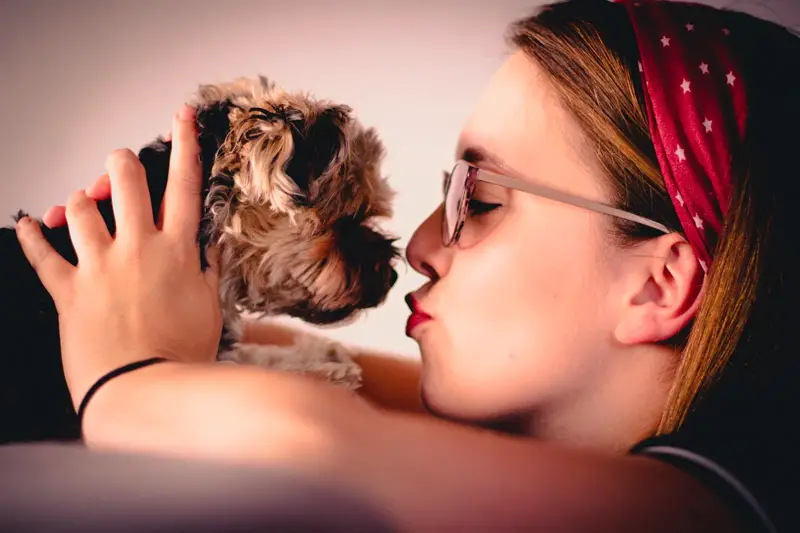Why do dogs nibble on or bite the nose?
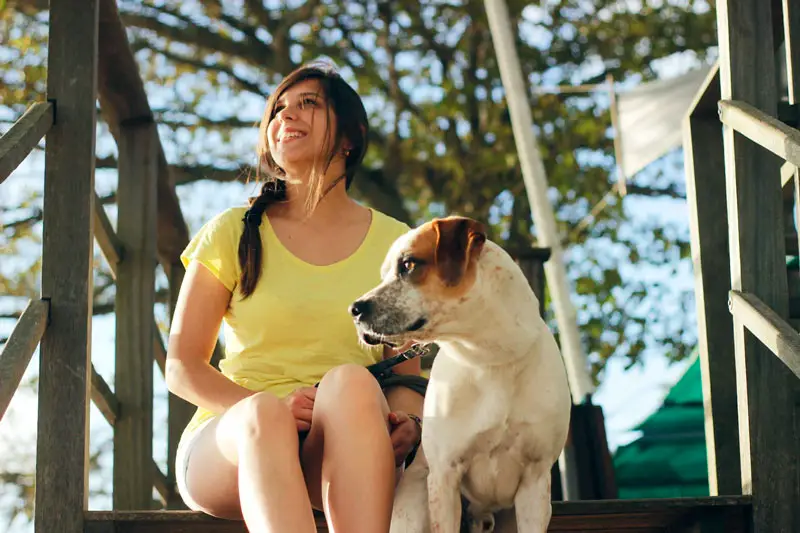
Show affection:
Like us humans, dogs can not shake hands or hug. That is why you will find fellow dogs nibbling at each other’s noses.
It’s their way of saying hello. And because your pet considers you as their family, they greet you as if you are one of them. Isn’t that super sweet? Other ways they might be showing you affection are licking you and goofing around you.
Want attention:
Just as they make an effort to show you that they love you, they want you to show them you love them too. Your pet is your biggest fan, and they will do anything to get your attention. And if biting does the task, so be it. Some other ways your baby might be asking for attention are getting under your legs, switching between staring at you and their leash, or the classic, bringing their toys to you. “Get the message, hooman!”
Puppyhood:
Like babies have an age of teething; puppies have the sensitive teeth phase when they are young. During this time, they feel restless in their mouth, making them want to move their jaw, nibble on or bite something. This is accompanied by pain in their gums, which may lead to more restlessness. There is no reason to be alarmed as this phase is very normal, but you can always consult your vet if you are still unsure or worried.
Showing excitement:
Your pooch might be trying to express their eagerness to play by gently biting on your nose, ear, or hand. If you have taken this as a cue to play with them in the past, then you have unknowingly reinforced this belief of theirs. This is a mistake that many of my clients have made and realized much later. While it could have been prevented, it does not mean that it can’t be reversed anymore.
Showing companionship:
Dogs mouth each other’s nose or ear, which can be taken as a sign of friendship. It means they trust each other even when there is potential harm in sight. Basically, when your pet plays around by mouthing you, they believe in a mutual relationship of trust and friendship between you two.
Hyperactivity:
Dogs are inherently active. They like to play, run, go for walks, or do any physical activity that demands good use of their energy. Lack of exercise induces anxiety and restlessness in dogs. At such times, they naturally look for a way to let out their pent-up energy.
Lack of training:
Just as teaching wrong behaviors is harmful, not teaching right behaviors is as well. You might not have taught your pet to bite your nose, but if they are still doing it, then you probably didn’t train them not to do it either. Unfortunately, lack of training is as bad as wrong training.

